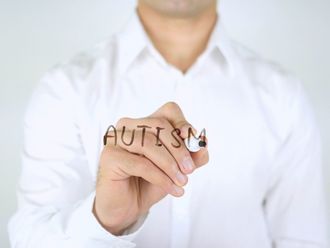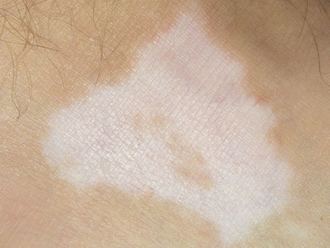
Is sea bass as nutritious as salmon?
The criteria that most nutrition experts use to characterise a fish as healthy often includes a reference to the omega-3 fatty acid content, or the amount of EPA (eicosapentaenoic acid) and DHA (docosahexaenoic acid) in the fish.
Generally, the best sources of these essential fats are cold water fish such as wild salmon, sardines, herring, black cod and anchovies. Sea bass contains between 0.1 and 1.2 grams of EPA per 100 grams fish. In comparison salmon is estimated to contain 0.8 grams per 100 grams. So as far as the omega 3 content is concerned cold water wild salmon is a much healthier choice. However, most fish, with the exception of perhaps the larger species that may contain heavy metals, are considered a healthy choice. Seafood and legumes are low in fat and high in protein so they make some of the best sources of non-meat protein available. So you can enjoy sea bass without any worries.
I’m a 15-year-old girl and would like to adopt a fruitarian diet. Will this have a bad effect on my health?
Some people say they feel better adopting this lifestyle. Fruitarian diets include all sweet fruits and fruit vegetables — including (but not limited to) tomato, cucumber, peppers, olives, avocados, and squash. Some add grains, beans, nuts, and seeds to their eating plans. If these foods are included, the proportions are generally about 70-80 per cent sweet fruits and fruit vegetables, with some beans, smaller amounts of grains and tofu, and a sprinkling of nuts and seeds.
The human body needs a variety of nutrients and since fruitarian diets provide less calories and protein than vegetarian diets, they are not suitable for teens. For a teen, the consequences of missing nutrients can have long lasting effects. Adopting this eating plan can cause your body to fall short on calcium, protein, iron, zinc, vitamin D, most B vitamins (especially B-12), and essential fatty acids. Your height could be affected, your bones may not reach their peak density, and vital nutrients for nervous system development may also be missing in your diet. It’s very important to understand that one type of food cannot provide all the nutrients a human body needs. You need a mixed eating plan.
Secondly, have you spoken to your parents before conducting such experiments? You need to ask yourself why you’re considering this diet. Is it to lose weight, or deflect attention from food issues? Restrictive eating can lead to hunger, cravings and food obsessions. It’s very important that you have a chat with your parents to address all your food concerns.










